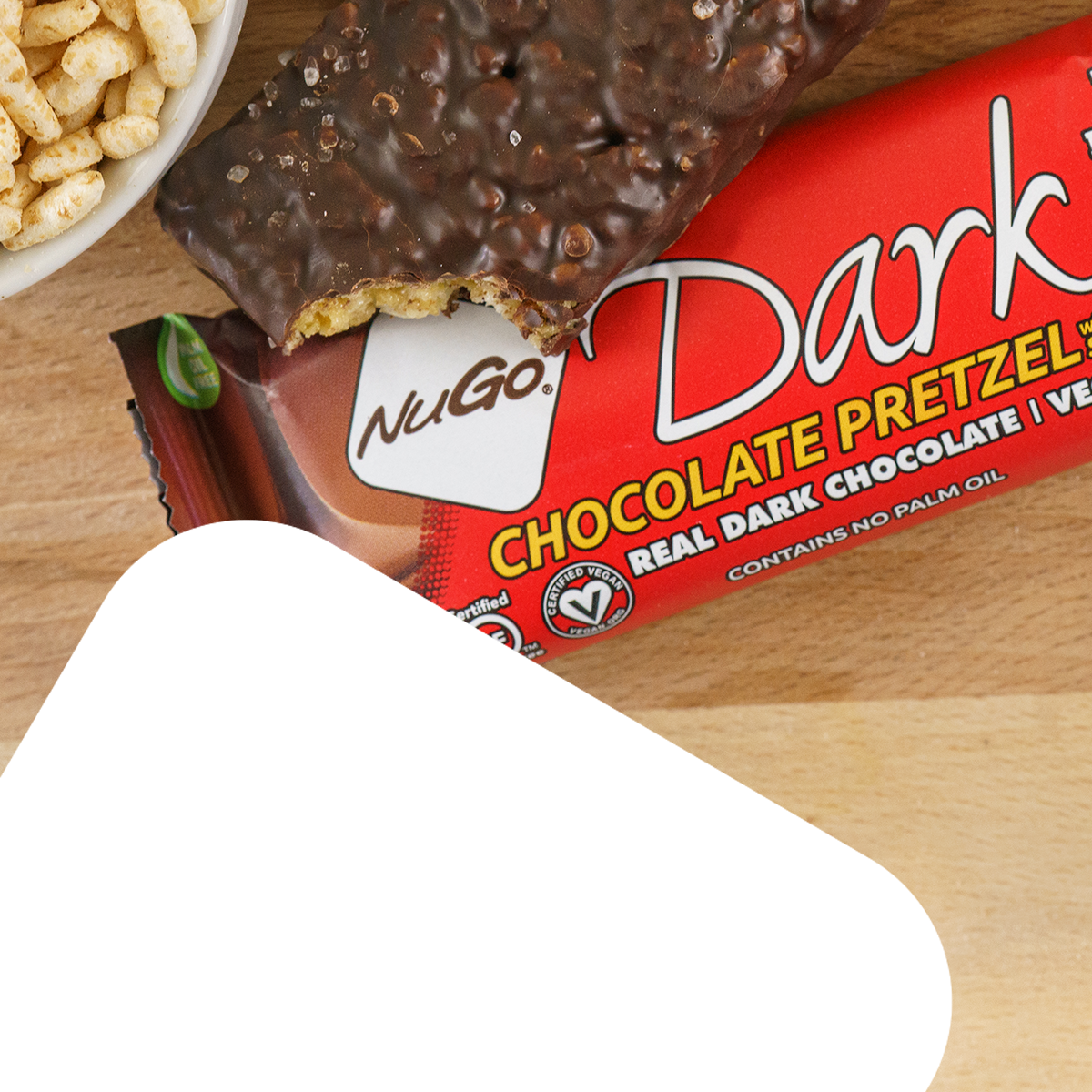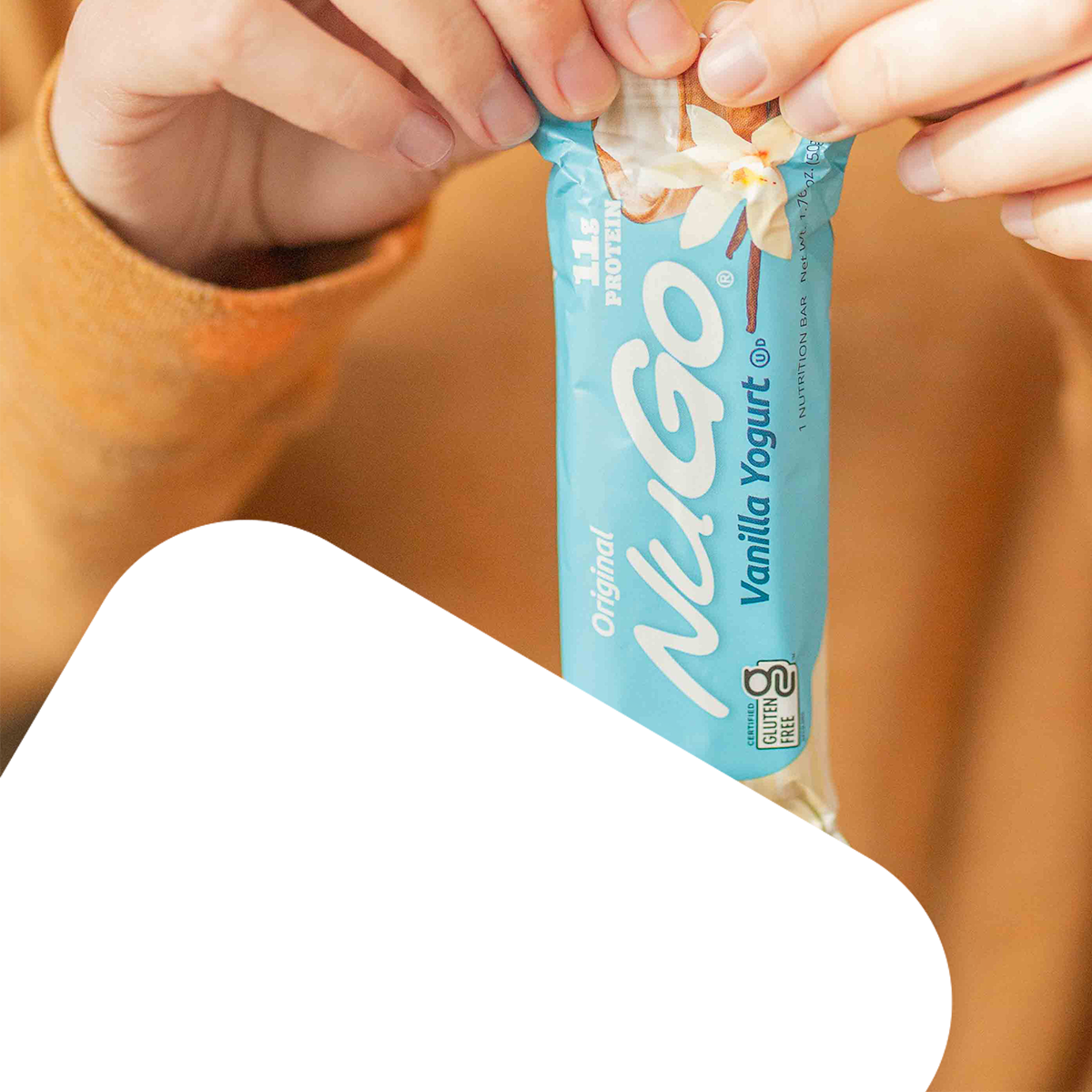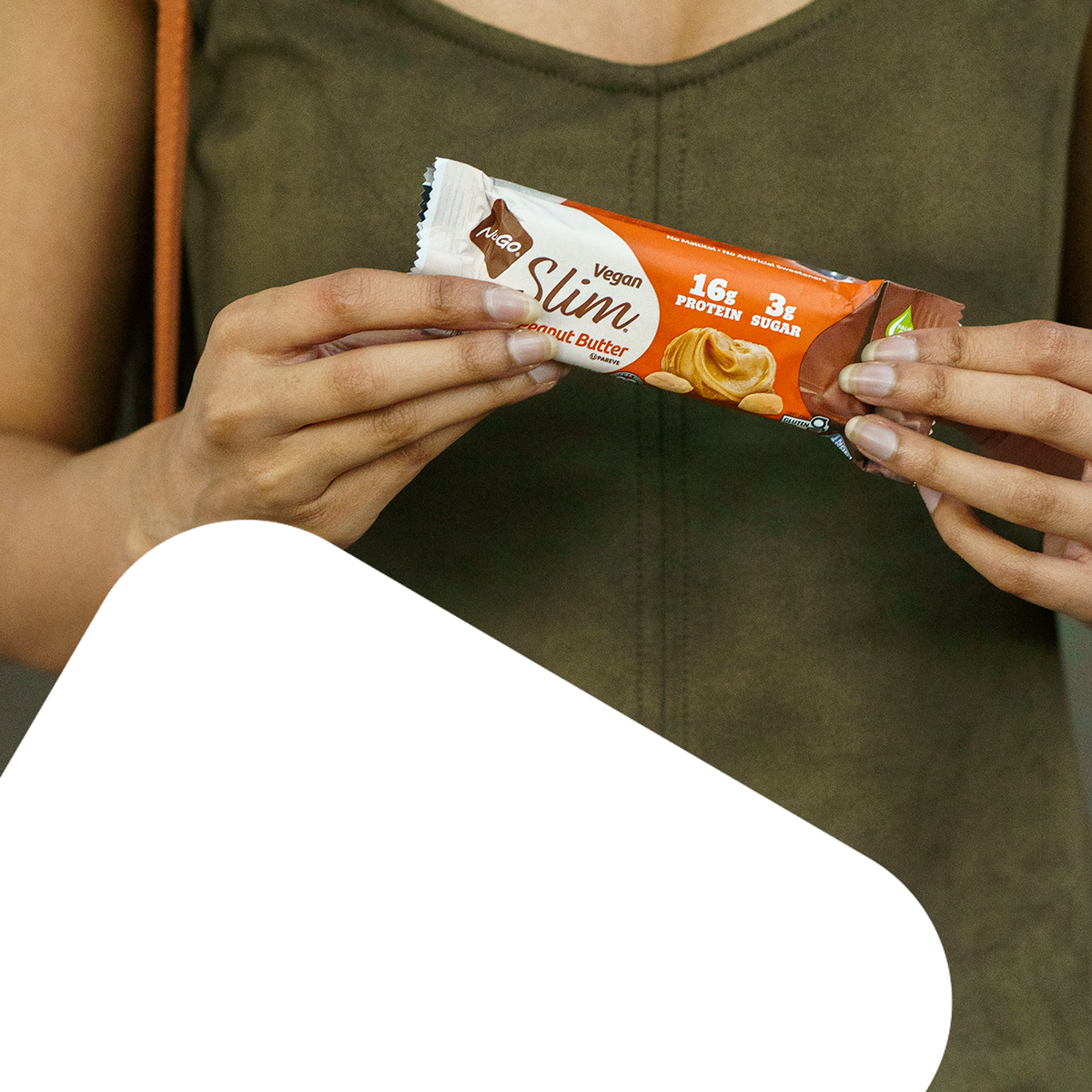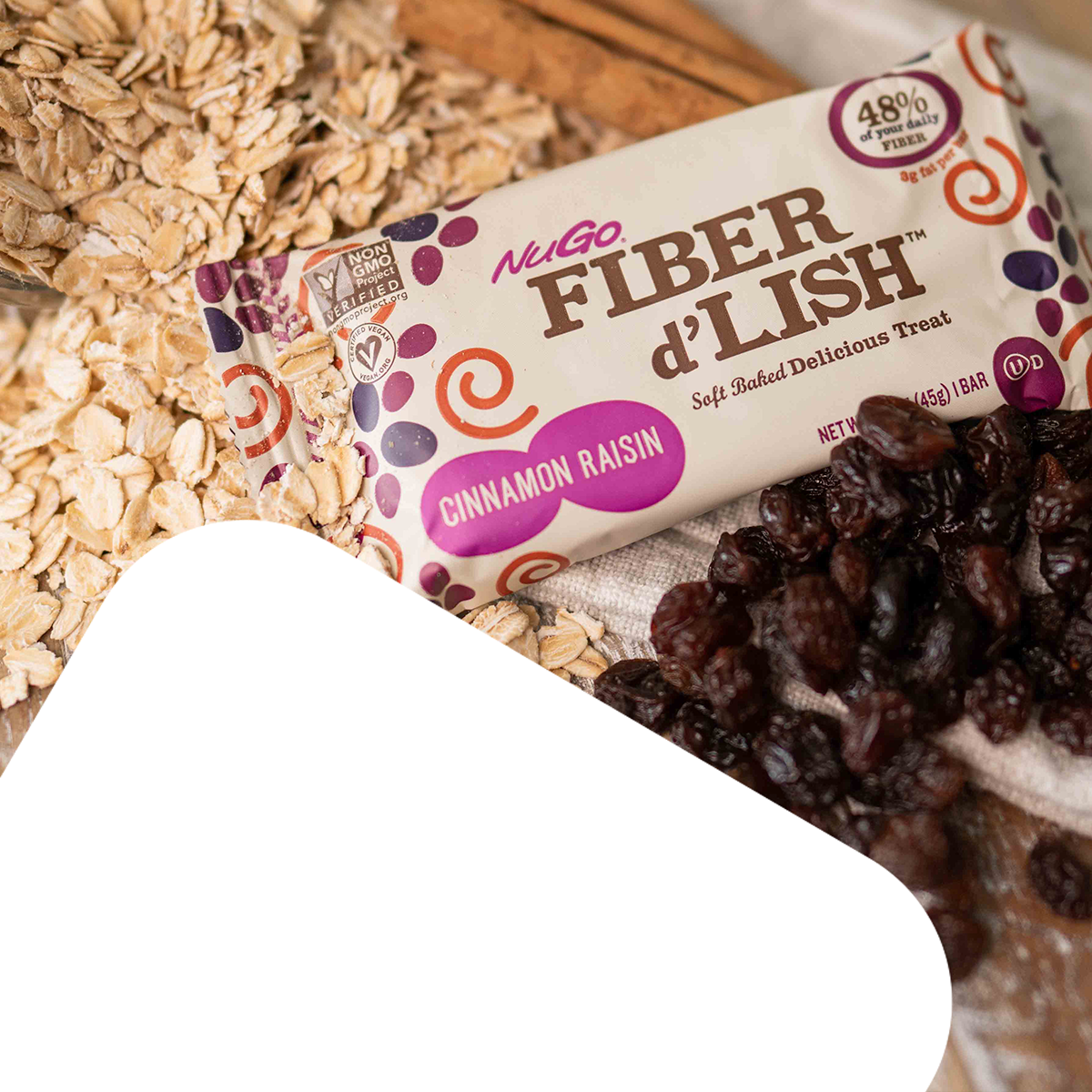Summer is the time of year when vacations occur, whether it’s across the country, across the ocean to other countries, or across town to a neighboring city for a quick getaway. While vacations are a much needed break from reality and busy lifestyles, if not thought about ahead of time, they can lead to previous lifestyle and eating habits if not careful. Now, allowing yourself a “treat” here and there probably won’t make or break you, but if you’re really committed to sticking to your bariatric diet while on vacation to avoid those previous pitfalls you know only too well, listed below are a few tips to consider.
Plan Ahead
The first piece of advice is to plan ahead, as much as possible, in every way. If you don’t know what your options will be before you go, you may fall into the same traps that got you into trouble in the first place, because old behaviors don’t entirely disappear just because you’ve had surgery or you’re working to lose weight. We can’t assume we’ll make a better decision, no matter how well we intend to do so. Therefore, plan ahead.
Once you know where you’re going, determine your dining options. Most restaurants have their menus or nutrition facts posted on their website. Having a plan and knowing what you’ll order before you go will decrease the amount of time spent debating over a healthy option to choose, and allow you to spend more time socializing with friends and family - which is the whole point of vacation!
If the restaurant doesn’t have their menu posted, or you choose a place to eat last minute, don’t sweat it! Briefly browse the menu, choose a meal that includes lean protein and vegetables at the very least. Try to steer clear of anything breaded and deep fried or smothered in sauce. More than likely you’ll be able to make substitutions if necessary. If there’s something the meal is served with that you don’t want, simply move it to the side of your plate, or share with someone else. Since most restaurants tend to serve large portions, sharing a meal is generally a good option too, unless you want a lot of leftovers.
Foods to Bring
As far as lodging and hotel accommodations, many hotels offer mini refrigerators and microwaves in the room. So traveling with things such as cheese sticks, hard boiled eggs, and fresh fruits and vegetables can be possible if you know that you have somewhere to keep them fresh.
If you are flying to your destination, you can bring food from home with you and still make it through TSA/security. To keep items cold, you can pack them in a small lunch box/cooler and even with ice packs as long as they are the hard plastic variety and completely frozen – nothing liquid! If you are driving, keeping a small cooler in the car with you is a good option too.
If a cooler is not an option, non-perishable protein snacks such as NuGo Slim protein bars, nuts and seeds, and beef jerky are all good options that travel well.
Instead of hotels, another consideration for lodging now are Airbnb and VRBOs where you can stay in a house and often have access to a full kitchen often equipped with the basics to make your own bariatric-friendly meals.
One other thing to keep in mind: If you are a relatively new post-op patient, now is probably not the time to try a lot of new foods, especially when you don’t know how your stomach will tolerate them - i.e. if you have not tried to reintroduce beef yet, I probably wouldn’t suggest ordering a steak while on vacation.
The most important thing to remember, however, is to have a good time! Stick to the guidelines as much as possible, plan ahead, and always have a back-up plan, but don’t sweat the small stuff.










Leave a comment
This site is protected by reCAPTCHA and the Google Privacy Policy and Terms of Service apply.